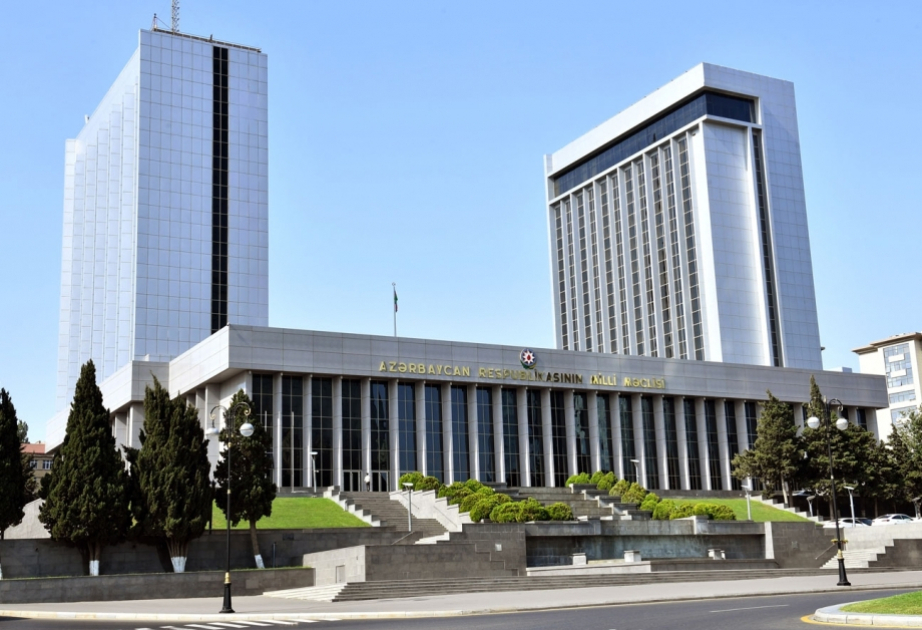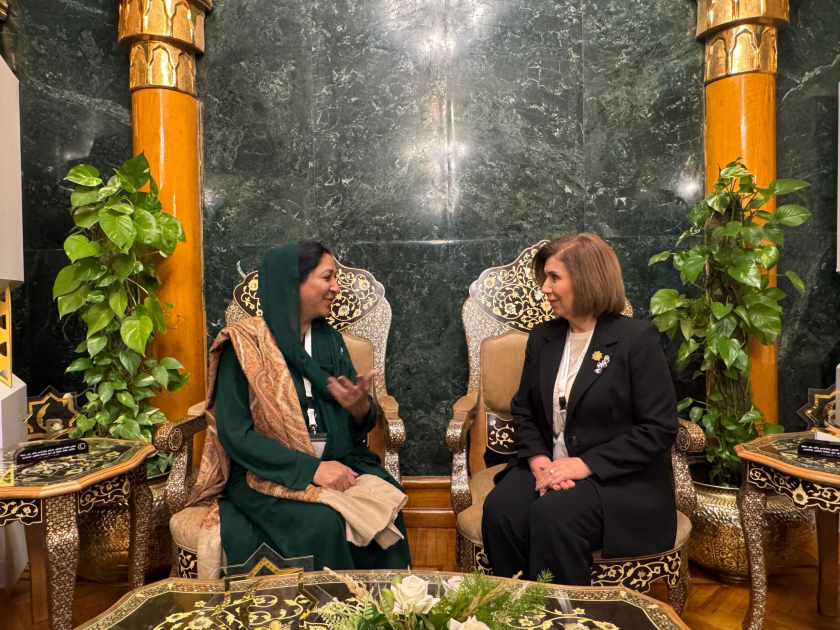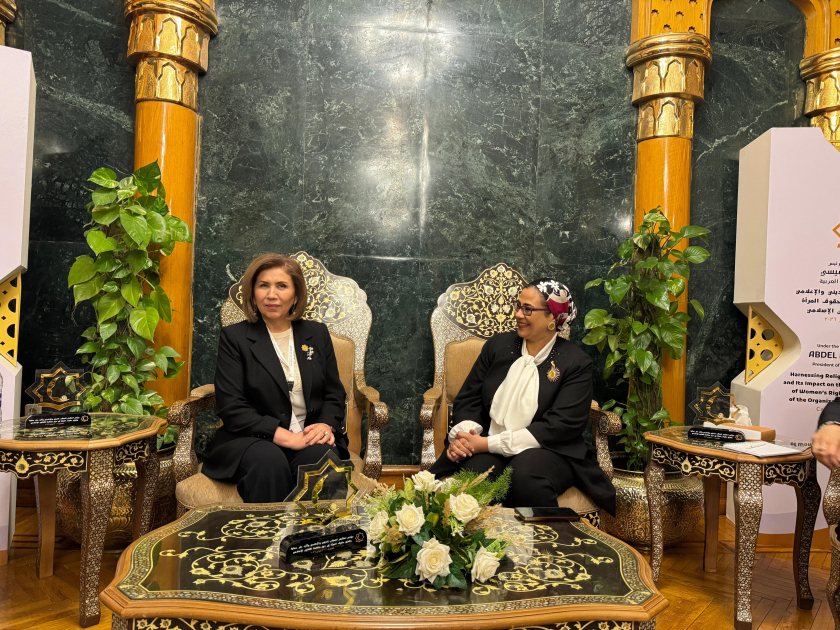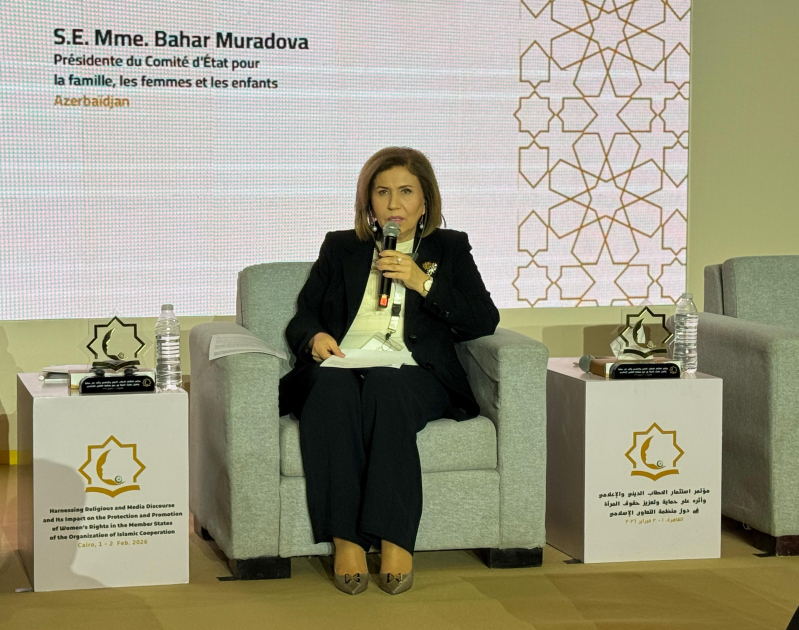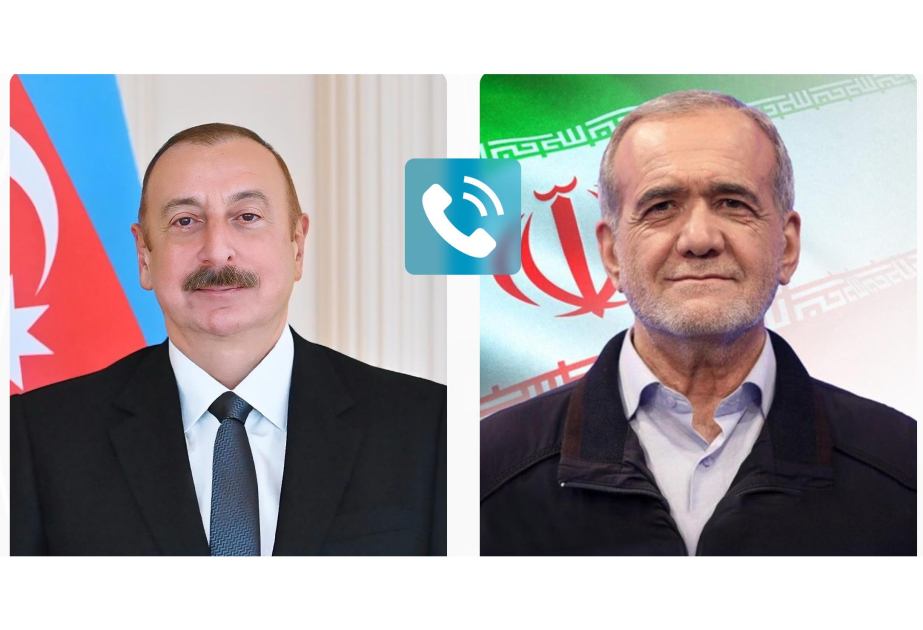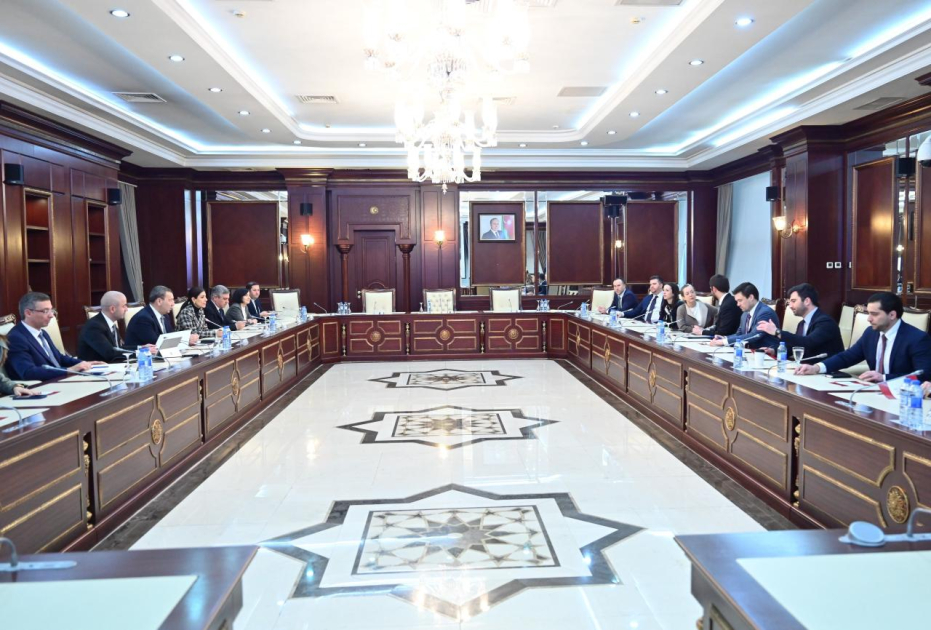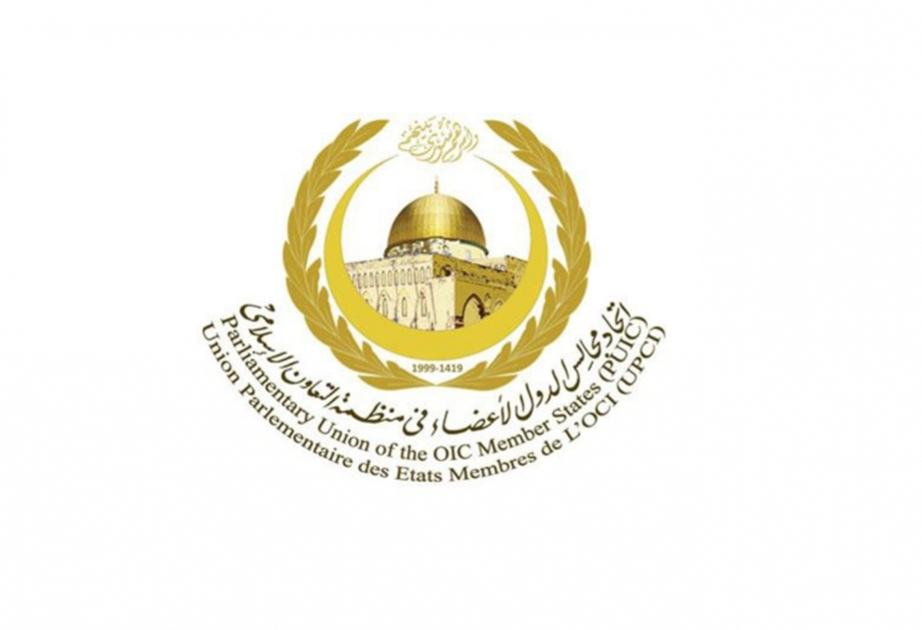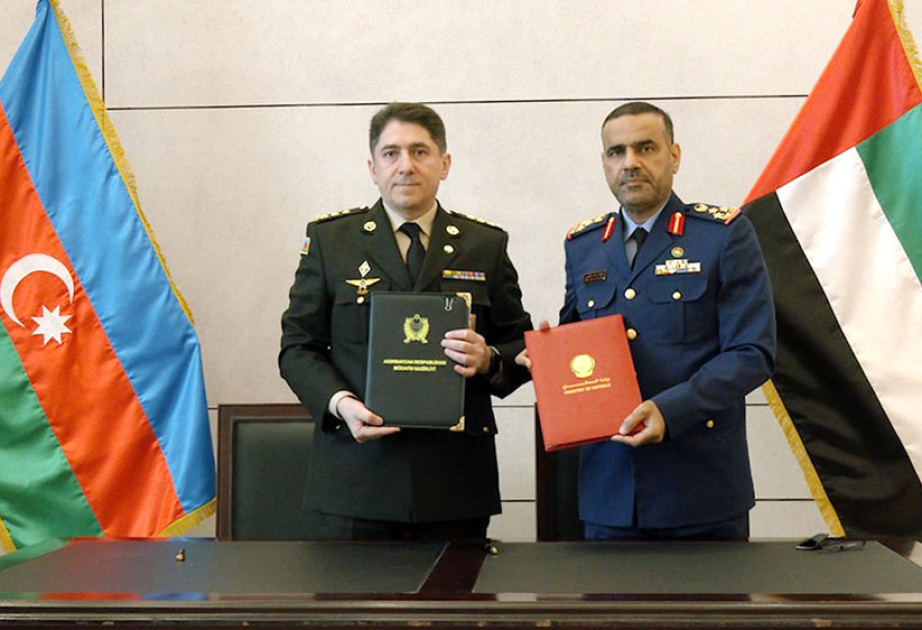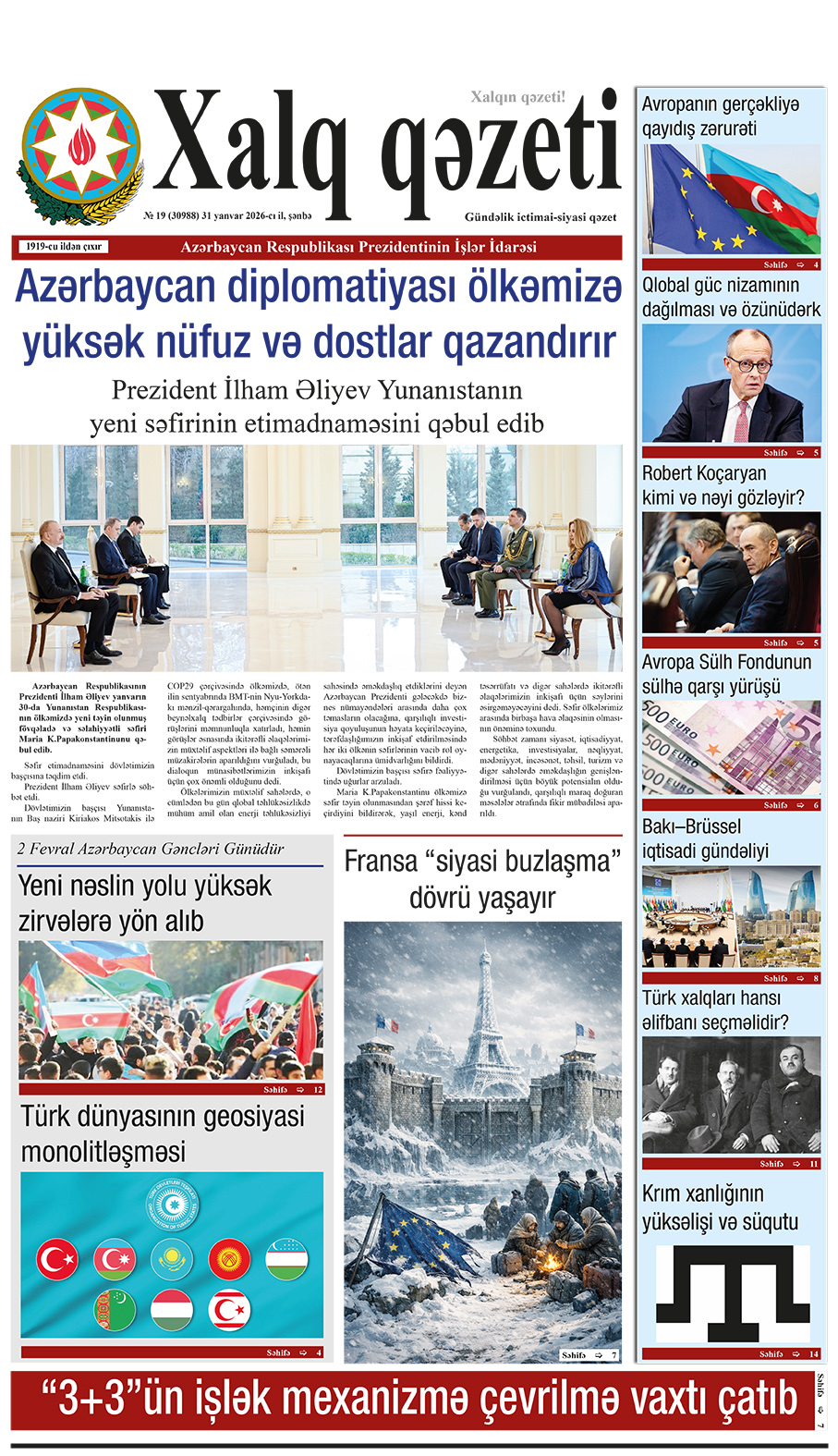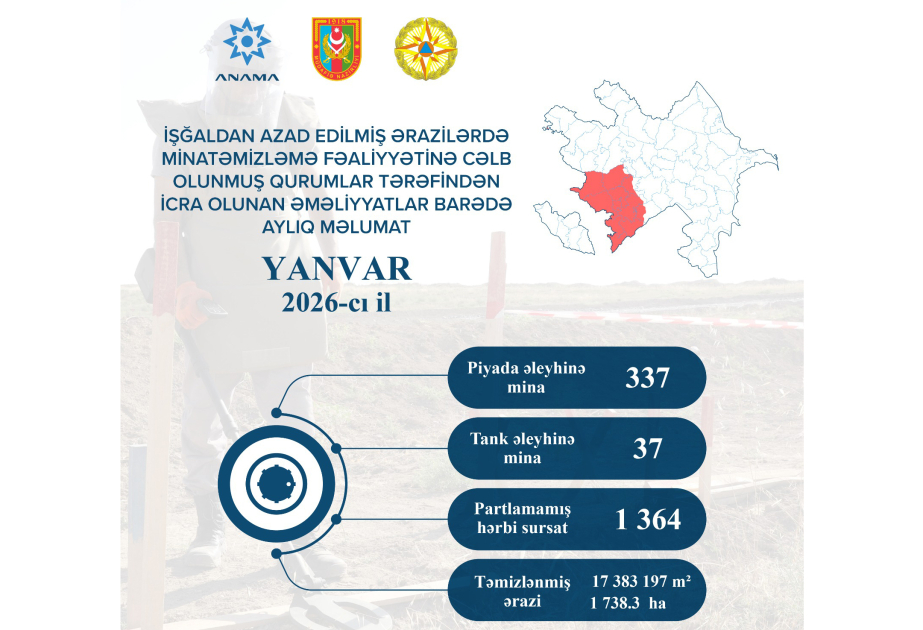Armenia is still not standing still. Iravan, controlled by the West, specifically the United States and France, is resorting to military provocation against Azerbaijan. On February 12, Armenia is trying to fulfill the political orders of curators abroad by taking a step aimed at intensifying the operational conditions at the Azerbaijan-Armenia conditional state border. Of course, the provocation by the Armenians did not go unanswered, on February 13, a "revenge operation" was carried out by the units of the State Border Service in response to the provocation of the Armenian armed forces. Armenians and instructors abroad should understand that Azerbaijan will continue to respond to such provocations and take steps in accordance with its national interests against forces that try to change the results of post-war realities.
After the second Karabakh war, the processes in the South Caucasus region are developing under new realities. In accordance with the logic of post-war realities, Azerbaijan extends a hand of cooperation to Armenia and calls for the signing of a peace agreement that will facilitate the strengthening of regional security and the normalization of relations between the two countries. However, the West, led by the United States, does not want to accept the new reality in the South Caucasus and tempts Armenia not to adhere to the peace agenda, but to take a path that threatens security. Of course, Armenia's strategic importance for the West is not great, Yerevan plays the role of a tool against other countries, and in this case against Russia, as it did a century ago. The West aims to invade the region with the help of Armenians and remove Russia from it. This is evidenced by Armenia's efforts to strengthen its anti-Russian policy and dialogue with the West in the last two years.
Of course, it is known that the South Caucasus region has great strategic importance for great powers during certain periods of history for many centuries. It is no secret that since the Great Silk Road, the South Caucasus region has played an important role as the shortest land corridor connecting China with Europe. The region is also a bridge between the Black and Caspian seas and serves as a gateway to the Middle East and Central Asia. Therefore, the strategic aspects of the geographical position of the South Caucasus and its place in the transport communications system are very important. Due to the strategic importance of the region, the collective West under the leadership of the United States is trying to strengthen itself in the South Caucasus and does not hesitate to take destructive steps for this. Political and military support to Armenia, which was crushed in the 44-day war and has not yet forgotten the pain of the war, confirms that the West has started playing a big game in the region.
In fact, the West always pursues such a policy in every region where it wants to create a sphere of influence. The West implements this policy in many regions or countries - the Middle East, Afghanistan, Ukraine. When a problem deepens or turns into a conflict, the West prefers to watch from afar, leaving the respective region or country alone with its problems. It rarely supports. Even now, the West is moving through Armenia to destabilize the South Caucasus. The West is trying to increase its influence in the region. Thus, it aims to control Azerbaijan, which has large energy reserves in the region, to remove Russia from the region, and to limit the influence of Turkey and Iran.
Armenia agrees to be a puppet in this dangerous game of the West. But if we look at the regional and global situation, it is certain that the West, which does not have enough infrastructure, will not be able to succeed in this game. Today, the main actors in the region are Azerbaijan, Russia, Turkey and Iran, so it is impossible not to reckon with these countries. Armenia, by becoming a tool of the West, will aggravate its current difficult situation.
Azerbaijan established its sovereignty over its entire territory. There are no controversial issues left. Azerbaijan has no territorial claims against Armenia. Taking all this into account, we can say that Nikol Pashinyan makes baseless statements against Azerbaijan without any reason and creates artificial obstacles to the signing of the peace agreement. The United States and France are to blame for Yerevan's irresponsible behavior. For the sake of their geopolitical interests, these countries are pushing Armenia to take the path of war, not peace. The West acts as a protector of Armenia, which puts it in the situation of states like Ukraine and Syria. Nikol Pashinyan's government is doing everything in its power to turn Armenia into a place where great powers settle their accounts, not peace.
Armenians also admit that Nikol Pashinyan is pursuing a dangerous policy for the country. For example, head of the Center for European Studies of the Yerevan State University of Armenia, candidate of political sciences, associate professor Vladimir Martirosyan said during an interview with the press that Nikol Pashinyan's political behavior creates a security problem not only for Armenia, but also for the region and other countries: According to him, especially security Unpredictability in the relations with the neighbors in the area is related to the lack of clear principles of the head of Armenia: "This makes it difficult for foreign policy partners to predict his behavior in various security situations. Although foreign policy partners listen to Pashinyan, they see him as a potential threat to the security of their country."
Apparently, Armenian experts also admit that Armenia operates on the basis of the instructions of foreign curators. Russian officials also believe that the United States wants to use the South Caucasus to open a "second front" against Russia. Deputy Minister of Foreign Affairs Mikhail Galuzin stated that "all this fundamentally contradicts the real interests of the people of the region." Maria Zakharova, an official of the Ministry of Foreign Affairs of Russia, also believes that Armenia shows its intention to reorient its foreign policy. According to him, the actions of the United States and the European Union "follow the goal of pushing Russia out of the South Caucasus." "They want to destroy the existing security mechanisms in the region, and at the same time, they want to brazenly steal the tripartite agreements reached with the participation of Moscow and change them according to conjectures." It seems that Iravan does not take these warnings addressed to him seriously, and that is why he opened fire on an Azerbaijani soldier from a sniper from the area where the European Union mission is located. This means that the USA and France are the main sponsors of military operations between Armenia and Azerbaijan.
S. ELAY
XQ


.jpg)

